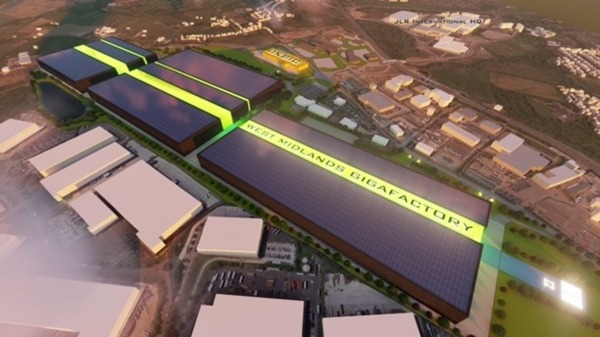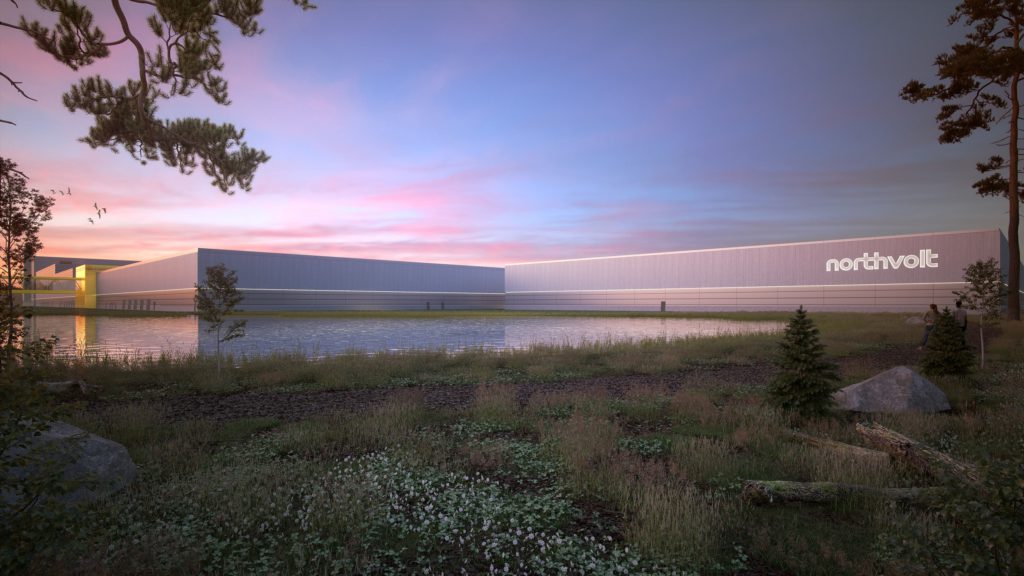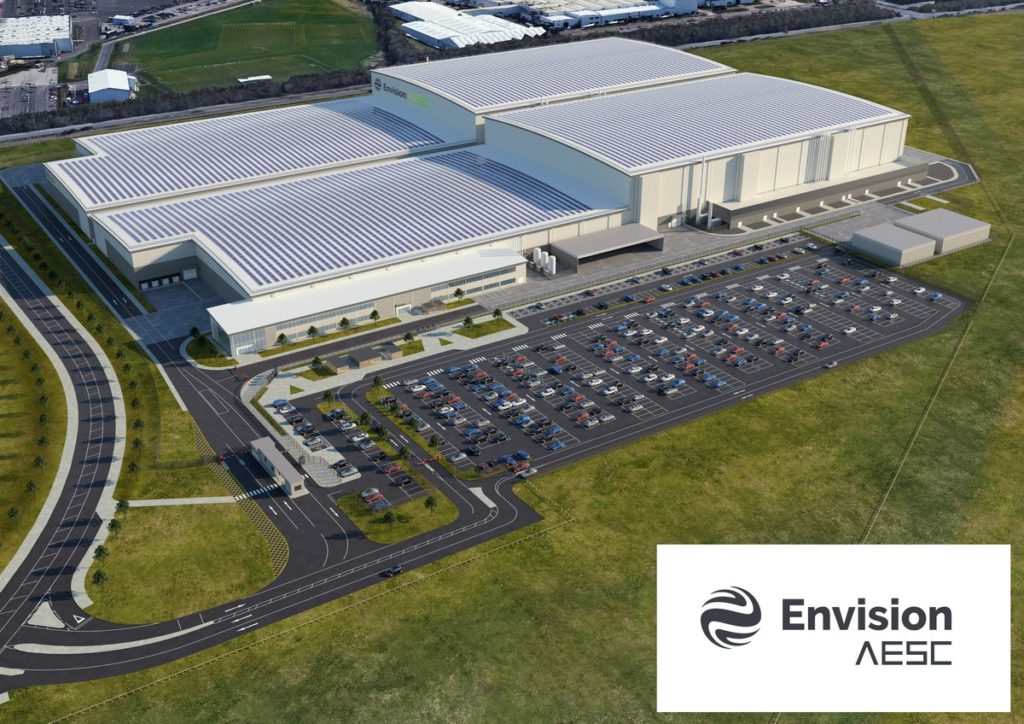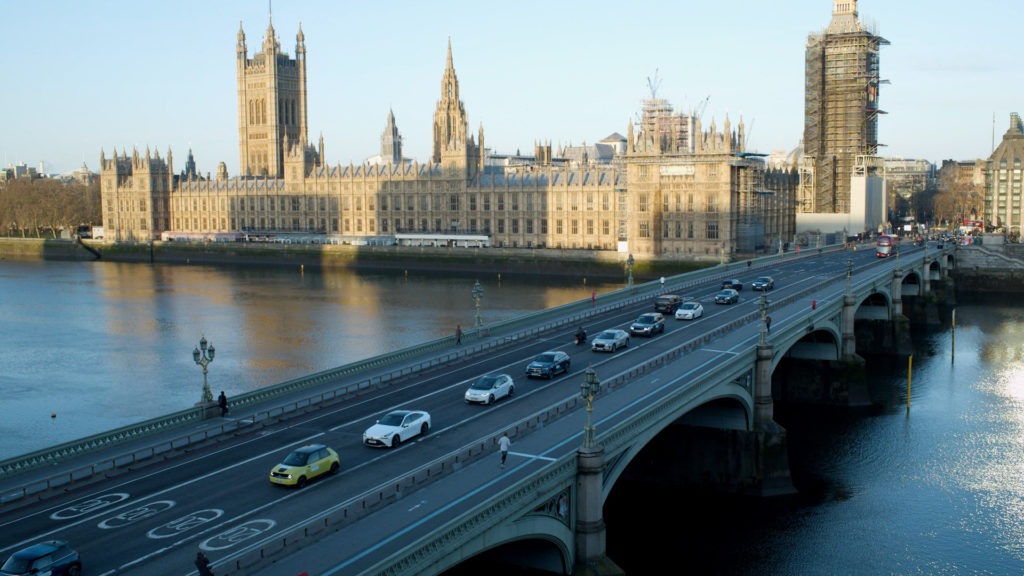Coventry submits plans for UK gigafactory
19 July 2021

A planning application for a gigafactory in Coventry has been submitted by a joint venture of the city’s council and airport. The proposed 5.7million sq ft site will be used for both battery production and recycling.
The plans are the latest in a wave of announcements from different businesses investing in UK electromobility. From OEMs committing to localised production, to new companies wanting to establish themselves in what will undoubtedly be a thriving industry, the technology is giving the automotive sector grounds to restructure supply chains.
Mapping out a milestone
The proposaled gigafactory could generate at least 4,500 jobs directly as well as thousands more across the supply-chain, raising investments of up to £2 billion (€2.4 billion) in the West Midlands. Additionally, some £434 million gross value added (GVA) will be added to the regional economy each year. In a commitment to sustainability, the gigafactory will also be powered by 100% green energy from sources like solar wind, as well as grid supplied renewables
Proposals for the Coventry gigafactory and the associated joint venture were first announced in February this year. The future of the plans will be determined by Warwick District Council and Coventry City Council later in 2021.
The council and airport hope that their partnership will ensure the site is ready for investment and can become operational quickly, making it more appealing to potential investors.
‘The submission of a planning application for a gigafactory is the important next step as we seek to deliver battery production for the West Midlands,’ said councillor George Duggins, leader of Coventry City Council. ‘We have worked with regional partners and industry experts at pace to deliver outline proposals for a world-leading facility, powered by green energy and ready for investment.’
Prime Minister Boris Johnson recently commented in Parliament that a gigafactory in the West Midlands would contribute to ensuring the region ‘lead(s) in building new electric vehicles for this country and for the world.’ The UK government has made up to £500 million in funding available for such a facility, which the area will be bidding for.
An electric revival?
Coventry City Council points out that the West Midlands is already home to the global headquarters of Jaguar Land Rover (JLR). A nearby Coventry gigafactory could therefore be highly valuable to the carmaker which announced in February that it would build battery-electric vehicles (BEVs) in Solihul.
JLR are not alone either, with the likes of LEVC, BMW, Aston Martin Lagonda and Lotus also based in the wider region. A third of all UK-produced cars come from the region, which is also home to 28% of the country’s automotive talent.
‘There is increasing pressure to ensure the UK is ready to take advantage of electrification, and together, the West Midlands is seizing the initiative to deliver for UK PLC as part of a green industrial revolution,’ said Duggins. ‘We are the ideal location for a gigafactory as the home of the UK automotive sector, alongside world-leading research in battery technology.’
After years of Brexit uncertainty, carmakers are investing in UK-based manufacturing. In 2020, Britishvolt signed a memorandum of understanding with the Welsh government to develop a gigafactory in the country. In July, Nissan said it would build batteries in the UK as part of an electrically-chargeable-vehicle (EV) ecosystem. Stellantis too recently confirmed it would build BEVs in Ellesmere Port.
Moving forward, the country cannot afford not to invest in electromobility. The Faraday Institution estimates that not building a UK battery supply chain could cost more than 100,000 jobs by 2040. The SMMT has also published a report warning that if no action is taken, the country could fall behind in the electric race.


